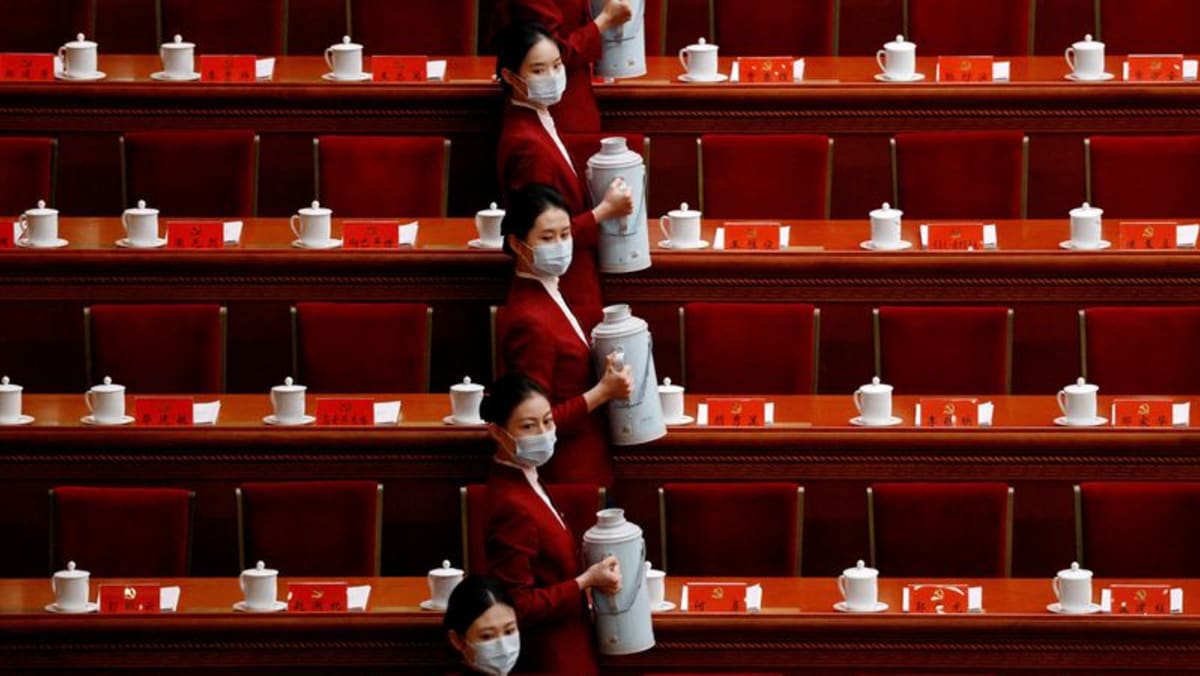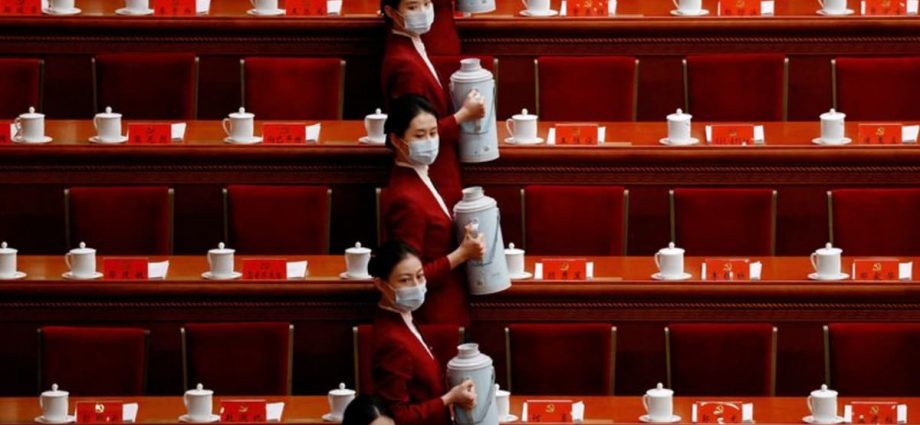
HONG KONG: As Xi Jinping consolidates power at China’s 20th Communist Party Congress this week, Chinese women are not holding their breath for progress in gender equality.
Xi’s decade as the party’s general secretary has seen the number of women in politics and elite government roles decline and gender gaps in the workforce widen, academics and activists say.
Feminist voices have also been muzzled and in recent years, the government has increasingly emphasised the value of traditional roles for women as mothers and carers, they add.
Mao Zedong, the founding father of the People’s Republic, famously said “women hold up half the sky” and gender equality is enshrined in the country’s constitution.
But under Xi, power has become far more concentrated compared to 10 to 15 years ago when competing coalitions in Chinese politics sought to find favour with women that resulted in more female representation, said Cheng Li, an expert on Chinese politics at Brookings Institution.
“The trend (now) is usually women serve as a deputy or more symbolic position,” he said.
The congress, held every five years, is poised to see the party’s highest leadership group – the seven-member Politburo Standing Committee – remain, as it has always been, all men.
For the 25-strong Politburo, the only obvious female candidate to join is Shen Yiqin, a provincial party chief. The sole current female member, Sun Chunlan, who has spearheaded China’s zero-COVID policy, is 72 and expected to retire.
Next in the party’s hierarchy is the central committee, where women currently comprise 8 per cent, or 30 positions, among its full and alternate members’ total of 371.
That’s down from 10 per cent in 2007. And of China’s 31 provincial-level governors, just two are women.

